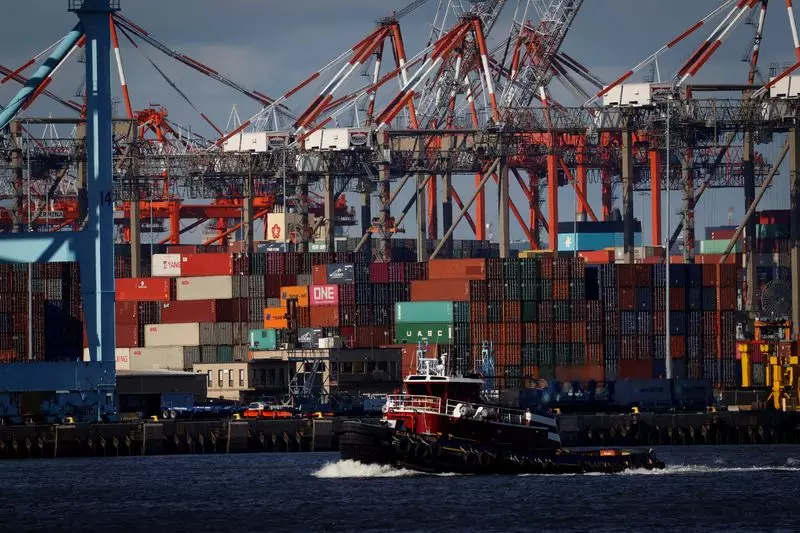The prospect of a major strike by the International Longshoremen’s Association (ILA) is looming large over the East Coast and Gulf of Mexico ports. With their announcement of a planned strike set to commence on Tuesday, the union is prepared to disrupt operations in a significant portion of the maritime shipping industry. This labor action is rooted in decades-long grievances regarding employee wages and working conditions. The ILA’s declaration serves not only as a protest against perceived exploitation but also as a critical touchpoint for discussions on the broader implications for the U.S. economy.
This potential strike represents a significant moment in maritime labor relations, being the first coast-wide action since 1977. The United States Maritime Alliance (USMX), which represents employers in the longshore industry, has yet to provide a response to the union’s threat. The consequences of this strike are potentially dire, as it could impede the movement of essential goods, including food and automobiles. The ports affected account for approximately fifty percent of the nation’s ocean shipping, meaning the ripple effects of a strike could reach far beyond the docks—a reality that adds urgency to the ongoing negotiations.
The Biden administration remains primarily hands-off regarding the situation, with President Biden making it clear that he won’t utilize the Taft-Hartley Act to intervene. His stance aligns with a philosophical commitment to collective bargaining processes. However, this approach raises questions about the administration’s role during labor disputes that threaten significant economic consequences. By refraining from intervention, the administration is effectively allowing the parties involved to negotiate in their own arenas, a decision that bears both risks and potential rewards.
In light of these negotiations, notable public figures and organizations, such as the Business Roundtable, are expressing palpable concern. The group has warned that a strike could negatively impact the U.S. economy to the tune of billions of dollars each day. This sentiment underscores the urgency for both sides to reach an agreement before the law strikes at midnight on Monday, as failure to do so could have a cascading effect on American businesses, workers, and consumers.
At the heart of this labor dispute are the ILA’s demands for substantial wage increases and a cessation of automation initiatives by shipping companies such as Maersk. For months, the union has been vocal about its grievances, highlighting a long history of wage suppression. The insistence on achieving fair compensation reflects a wider movement among labor organizations advocating for better working conditions and equitable pay.
The implications of the strike extend well beyond the docks. Supply chains are fragile, and disruptions at key ports will inevitably lead to delays in the delivery of critical goods. As the U.S. heads into a presidential election cycle, the dynamics between labor and management could significantly influence public sentiment and policy agendas. If the strike results in visible shortages or price increases, it may not only affect current employment rates but also foster environment ripe for inflation to accelerate, pressing economic issues that constituents care deeply about.
With the deadline approaching, both sides are urged to arrive at the negotiating table. Failure to do so could lead not only to extensive economic ramifications but also to heightened tensions between labor unions and shipping companies. The dialogue must prioritize not only the immediate financial implications but also the long-term consequences of labor disputes in an evolving economy that increasingly relies on global supply chains.
Ultimately, the situation underscores the complex relationship between labor, businesses, and government in maintaining a stable economic environment. The outcome will be pivotal not just for dock workers and shipping companies but for the broader American economy as it grapples with challenges that extend well beyond the ports. With everything at stake, a resolution must be pursued urgently to avoid the detrimental effects of a prolonged labor stoppage.

